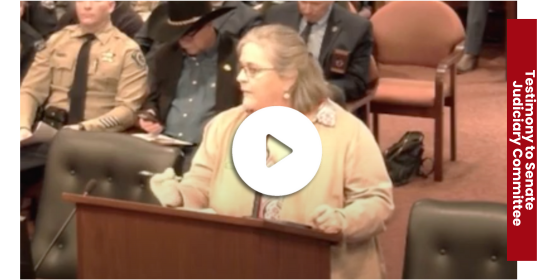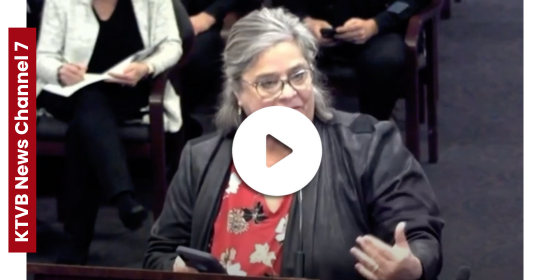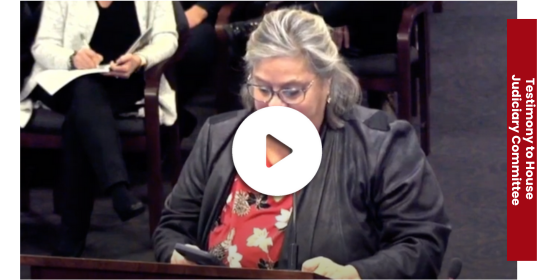
The prosecution of drug-related deaths as criminal killings is oftentimes referred to as “Drug Induced Homicide”(DIH). Poorly written legislation involving “drug induced homicide” laws promise legal challenges involving intent, causation, failure to render aid, and the likelihood that poly-substance users and addicts (who are usually juveniles and young adults) may serve up to a life sentence for what is likely the worst mistake of their young lives. Often, involuntary manslaughter is the more appropriate charge when there is no intent to murder.
Approximately 25 states have established criminal liability for individuals who furnish or deliver controlled substances to another individual and cause death. While the laws vary in classification, sentencing, and what elements need to be proven, most provide juvenile waivers from the crime; most provide Good Samaritan incentives to save the life of another; and some require that the person who “delivered” or shared the illegal drug must have known it was potentially deadly.
Right On Crime commends legislators for taking seriously the human toll caused by the scourge of fentanyl and drug trafficking in Idaho, however, we cautioned lawmakers to consider the unintended consequences of the DIH language in the bill which will inevitably ensnare juveniles and young poly-substance users and addicts.
Resources
Legislative Information
Commentary
The 208 KTVB Channel 7 segment on Idaho Senate Testimony
ROC Idaho Director Testifying to Senate Judiciary Committee -Amending HB 406 “Drug Induced Homicide”
KTVB News Channel 7 Idaho Story on Committee Testimony on H.B.406
ROC Idaho Director Jean Fisher testifying on H.B. 406 with the House Judiciary Comm.



